From thegrowthop.com link to article By David Yasvinski February 25, 2020
Just because a person isn’t old enough to legally buy weed doesn’t mean they shouldn’t be allowed to sell it.
As cannabis legalization blazes a slow trail across North America and large parts of the world, employment opportunities have grown in tandem — as have the legal implications of who is allowed to sell the product.
Canadians cannot legally sell marijuana until they are old enough to consume it. For 11 of the country’s provinces and territories, this means 19 is the magic number that must be reached, Alberta is ahead of the game at 18 and Quebec brings up the rear, not allowing residents to sell or use pot until they are 21, according to Legal Line.
For young people considering a job in a competitive industry, the longer the wait, the harder that grabbing a foothold can become. Seeming to be well-aware of this, the Nipissing First Nation has decided to lower a ladder, instead.
The community, located on the shores of Lake Nipissing in Northern Ontario, doesn’t allow residents to purchase pot until they are 21 years of age, but it is amending its laws in an attempt to give its younger members a brighter future.
“The age of buying our products is still 21,” said Chief Scott McLeod, according to the Anishinabek News. “We realized afterward that there were some concerns of post-secondary students that would be looking for work opportunities. It might limit them from working in these stores,” McLeod said.
“We don’t want to limit employment opportunities for post-secondary students. So, we lowered the age of working in the stores to 19,” he added.
The move will allow the benefits of the growing industry to be shared among more members of the community and, hopefully, help them learn healthy lessons about the drug before they are old enough to experience it firsthand.
The Nipissing First Nation has other concerns about cannabis in Canada that CEO Dwayne Nashkawa hopes will be addressed at a meeting between the chief and the province in Toronto soon. With cannabis stores already up and running in West Nipissing and North Bay, the First Nation is hoping to build an environment that provides incentives for consumers to buy from them, instead.
“Rather than delegating the authority of licensing and regulation to First Nations, which would have been the right thing to do, they delegated to the province and now we are left trying to work with a lesser government to get our jurisdictional rights in place,” McLeod said. “It could have been easily dealt with at the federal level by delegating authority to First Nations,” he argued.
“I don’t believe cannabis is going to answer all economic needs, but it sure will help to stimulate local First Nation economy and provide jobs.”
Now more people will be able to reap those rewards.

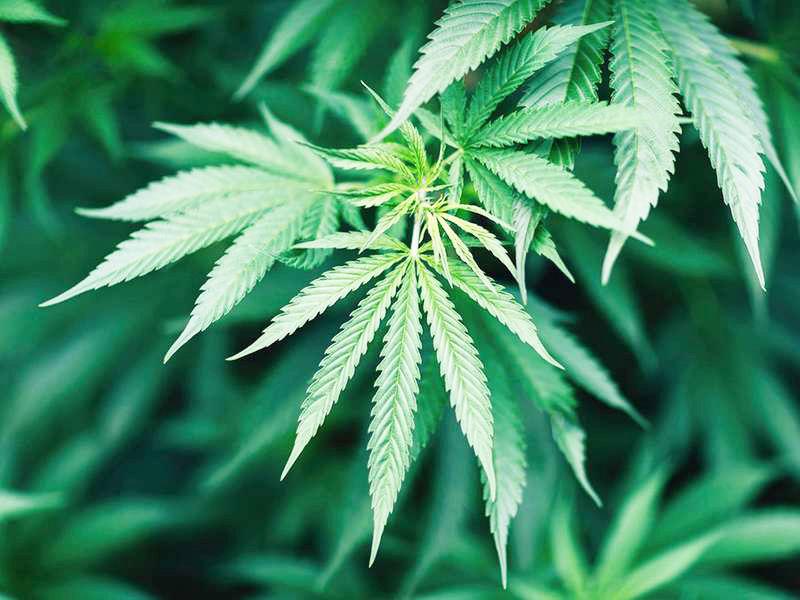


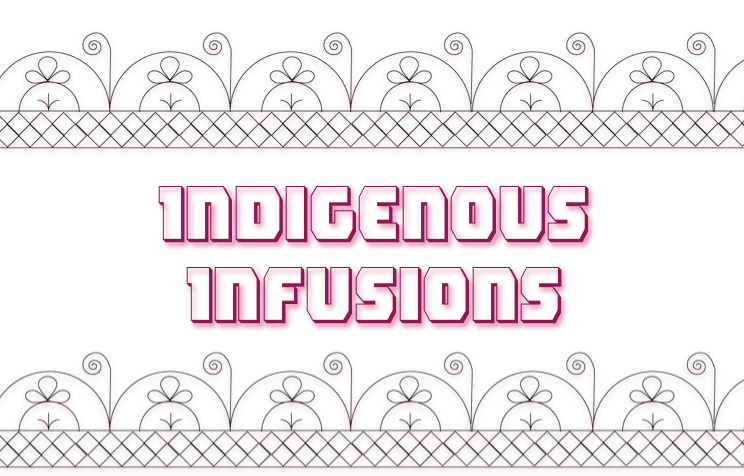



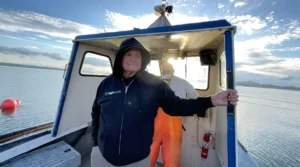

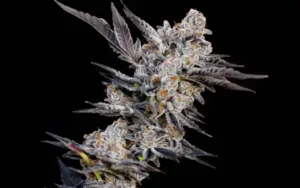
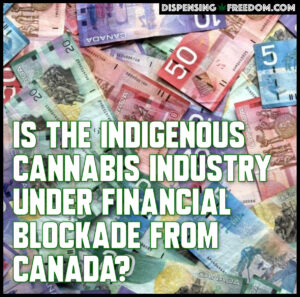



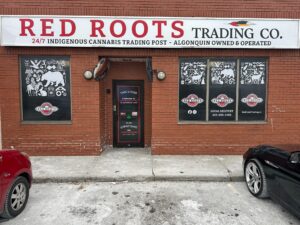
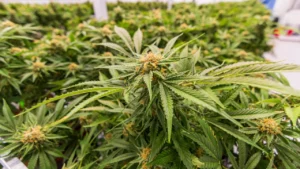
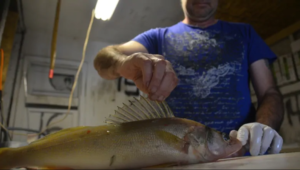

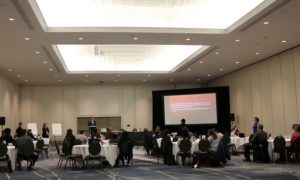

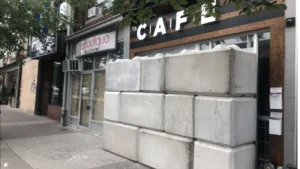
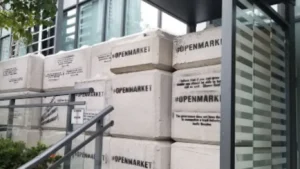

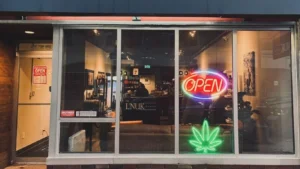



Comments are closed.